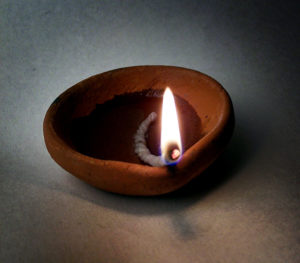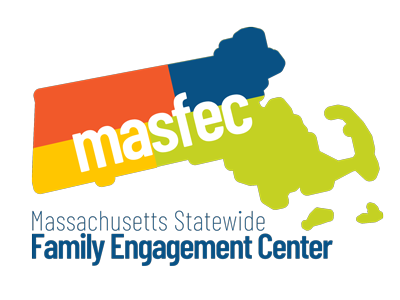Click here to hear Mathu read the post ![]()
This year (2020), Diwali, the Hindu festival of lights, falls on November 14. Whether you are a practicing Hindu, a parent looking to introduce your child to religious traditions around the world, an educator building an inclusive learning environment, or simply someone who appreciates themes of hope and light, there are many lessons to be learned from Diwali.
Although Diwali is most often associated with India, it is actually a religious holiday celebrated by Hindus all over the world. Different countries and regions celebrate Diwali differently, and different Hindu traditions associate Diwali with different Gods, Goddesses, demons, and folktales. But across the world, Diwali is associated with the triumph of good over evil, and the importance of fighting for light in the darkness.
Usually, Diwali is a highly social holiday, involving large gatherings of family and friends. This year, because of the pandemic, Hindus around the world will be confined to their homes. Luckily, there are plenty of activities that families can do to celebrate the season from the safety of our own homes.
Make a thoran out of fall leaves. Thorans (or torans) are garlands of leaves and flowers made to welcome deities into the home on religious occasions. In the US, fall is the perfect season to make a thoran. Gather multicolored leaves from your yard and tie them together using yarn. If you don’t have leaves, make some out of construction paper, punch holes in the stems, and string them together like a necklace. You can also add dried flowers, fruit, beads, or crepe paper. Hang your thoran in a doorway and invite good luck!
 Make salt dough diyas. During Diwali, families line their windows and walkways with clay lamps called diyas. You can make your own lamps out of salt dough.
Make salt dough diyas. During Diwali, families line their windows and walkways with clay lamps called diyas. You can make your own lamps out of salt dough.
To make the dough, combine 2 cups all purpose flower with 1 cup of salt and 1 cup of water. Shape diyas out of the dough, and then bake in the oven. Make sure that they are the right size and shape to hold a candle or a battery powered tea light.
After they are baked, paint them. Diyas can be placed in windows or outside, but make sure to bring them in if it rains.
Make lanterns. Another way to decorate with light is to make lanterns. Cut designs into the sides of a paper bag. Color the bag with paint or markers. Add streamers to the bottom. Add strings to the top of the lantern to hang it. Put a battery powered tealight inside and light up the room!
Make rangoli. Rangoli (or kolam) are designs made of colored powder on sidewalks, roads, or the floors of Hindu temples of houses. Like torans, rangoli welcomes deities and visitors into homes. Traditional families do rangoli all year round, but on holidays like Diwali, they often create extremely elaborate designs. Use sidewalk chalk to make your own rangoli designs. Try making traditional symmetrical designs, or draw symbols like lamps and coins, which are associated with Diwali. You can also make rangoli with colored powder, stones, or flower petals. The more colorful and imaginative, the better!
Bring some light into the world. No matter where or how it is celebrated, Diwali is a festival that celebrates bringing light into the darkness. This year, work with your child or students to bring some light into the life of a friend, neighbor, or stranger. Donate canned goods to a foodbank. Make cards for loved ones or strangers who could use some joy. Write a letter to your congressperson expressing your views. Raise awareness about an issue you care about by making a video about it and posting to social media. Talk to your child about how your family does good in the world, and encourage them to find their own light.








